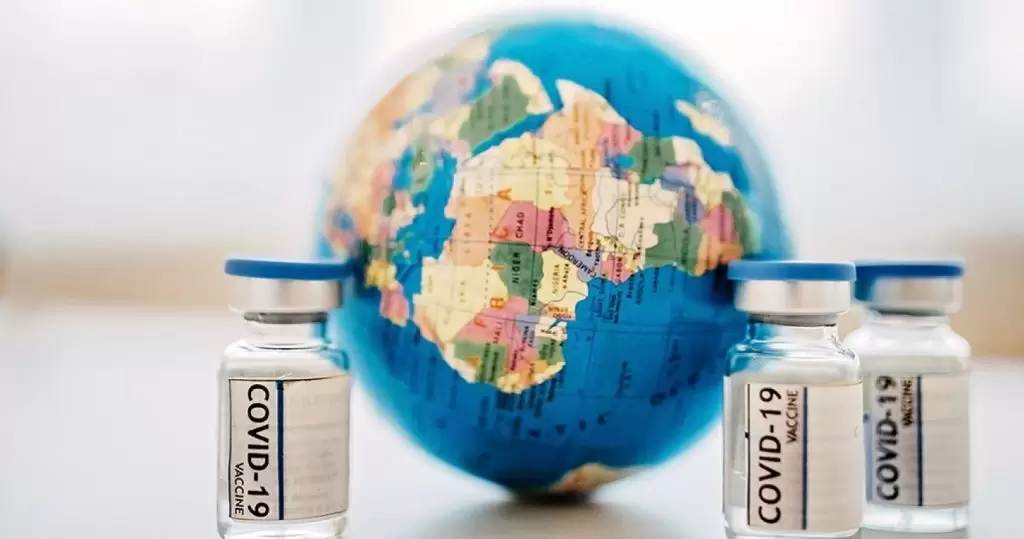Since before the COVID-19 pandemic, Global Unions, including the IUF, have been pressing the World Trade Organization (WTO) to support a waiver on intellectual property rights on diagnostics, therapeutics and vaccines to enable universal access to the tools necessary to fight global health crises. COVID-19 has made this an imperative.
Recently, sister Global Union PSI has been highlighting new analysis from the People’s Vaccine Alliance that the EU will have to throw away 55 million doses of COVID vaccines by the end of February, many more than the 30 million doses they have donated to Africa so far in 2022. More than 250,000 Africans have died since the beginning of 2022 with more than 7,000 deaths per day due to COVID-19; the vaccination rate across the continent stands at 11%.
A new letter from Civil Society Organizations, including the IUF and sister global unions, to the WTO renews the call for the TRIPS waiver:
- “The main purpose of the TRIPS waiver proposal is the prevention, treatment and containment of COVID-19 and expanded and diversified supply, affordable prices, and more equitable access of the full range of medical products needed to achieve those goals; of particular importance are diagnostics, therapeutics and vaccines”
- “[A]ny Waiver outcome has to create a clear pathway that provides potential manufacturers the full freedom to operate — to manufacture, to import and export, and to commercialize needed COVID-19-related medical products — without having to deal with procedural and legal Intellectual Property requirements on a product-by-product basis”
- “The waiver decision should also accord governments policy space to implement measures necessary to facilitate production, import and export of medical products and their components”
As the letter to the WTO concludes, “The time for excuses is over. Billions of people around the world are waiting for the WTO to deliver a bold outcome on the TRIPS waiver proposal that will effectively and concretely contribute to enabling production in and expanding supply options towards realizing equitable access which is the key to socio-economic recovery.”
Graphic credit: Education International
